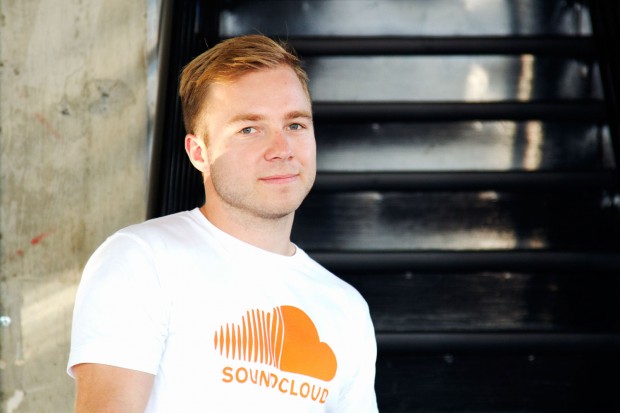Want smarter insights in your inbox? Sign up for our weekly newsletters to get only what matters to enterprise AI, data, and security leaders. Subscribe Now
 Chances are if you’re working in tech then you’ve spent time deliberating over which of the multitude of conferences, events and shows you should attend in 2012. Time out of the office is a luxury most startups can’t afford, so how can you justify CES, NAMM, Macworld, Mobile World Congress, SXSW, plus the hundred or so others you’re considering?
Chances are if you’re working in tech then you’ve spent time deliberating over which of the multitude of conferences, events and shows you should attend in 2012. Time out of the office is a luxury most startups can’t afford, so how can you justify CES, NAMM, Macworld, Mobile World Congress, SXSW, plus the hundred or so others you’re considering?
The rule of thumb is that a few crucial conferences are a must, and that it’s better to go all-in for the best events, like CES, then to spread yourself thin at a lot of lackluster ones. And CES, which begins this week in Las Vegas, is definitely one of the events for tech startups to attend.
It’s hard enough to make a splash with a six-figure budget, so how do you make an impression as a startup at an event like CES? What can you do with a small budget and limited human resources? Luckily, you don’t need a booth to make an impact, you need a plan.
What’s most important about CES is that it’s the one place where everyone in the industry gathers for a few days each year. That means a wealth of opportunities for new business meet-and-greets, a forum to connect with people you’ve only communicated with via email, and a chance to pitch your story to the media.
If you’re spending the majority of your time looking at other people’s products at CES, then you’re not pushing your own. The name of the game is booking 50 meetings in one day instead of 50 days of meetings. If your goal is business development then your focus is building relationships, and there’s nothing quite like meeting face-to-face to do that. When you meet someone the second or third time, and feel like you know each other, that’s when the big integrations happen.
Here are a few other helpful hints to consider for CES, and for any other big conferences on your schedule this year. They aren’t earth-shattering revelations, but they’re often things that busy entrepreneurs forget time after time:
Early bird specials: Show up a places early because there’s a good chance others will too. Hotel lobbies and bars will be packed with people killing time before the show or events start — a perfect opportunity to meet them before things get too hectic.
Be visible: Be your product, your platform and your brand. Wear that company t-shirt, it’s a sure-fire way to strike up a conversation quickly and create a presence (so bring a few extras to give out!).
Be frugal: You have neither time nor money to waste. Book the low cost flight, share an Airbnb with other start-up folks. Don’t have a booth? Tap into your partners to see if you can also share their space.
It’s not a holiday: Focus. Stick to a schedule. Let people know what parties you’ll be attending and forward them invites. You need to go where the people you want to meet are. Ask around. Ask potential partners and journalists where they will be. Ask VCs. Read blog posts about conferences in your field. Organize.
What happens in Vegas stays in Vegas … but it shouldn’t: There’s no point in treating this as a one-off. Be sure to follow-up with the connections you’ve made and work those relationships for when you meet them again.
When the show’s over, you need to come away with more than a stack of business cards, you need to have built some solid relationships. Maybe there’s a deal or two in the bag. That’s when you’ll know that CES was a winner.
Henrik Lenberg is the Vice President of Platform at SoundCloud, the leading social sound platform that lets anyone create, record, promote and share their sounds on the Web. In this role, Henrik is responsible for SoundCloud’s partnership integrations and business development. Henrik joined SoundCloud in 2009. You can follow him on Twitter at: @lenberg.


